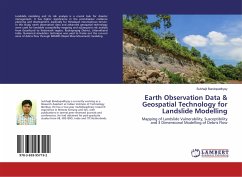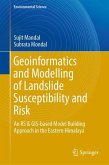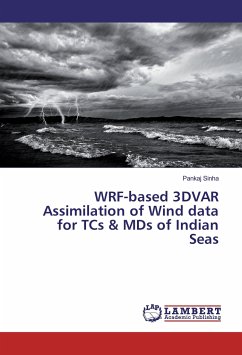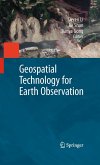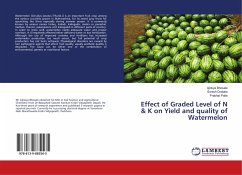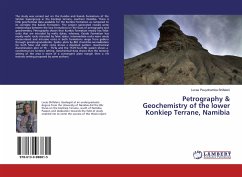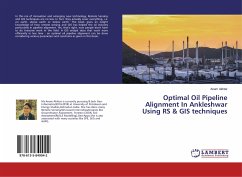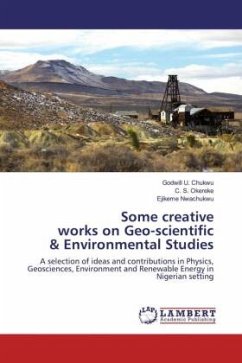Landslide modeling and its risk analysis is a crucial task for disaster management. It has higher significance in the post-disaster resilience planning and development, especially for Himalayan mountainous terrain. In this study, earth observation data and advanced geospatial technology were used for landslide susceptibility mapping and subsequent risk analysis from Gourikund to Kedarnath region, Rudraprayag District, Uttarakhand India. Numerical simulation technique was used to frame out the run-out zone of debris flow through RAMMS (Rapid Mass Movement) modeling.
Bitte wählen Sie Ihr Anliegen aus.
Rechnungen
Retourenschein anfordern
Bestellstatus
Storno

